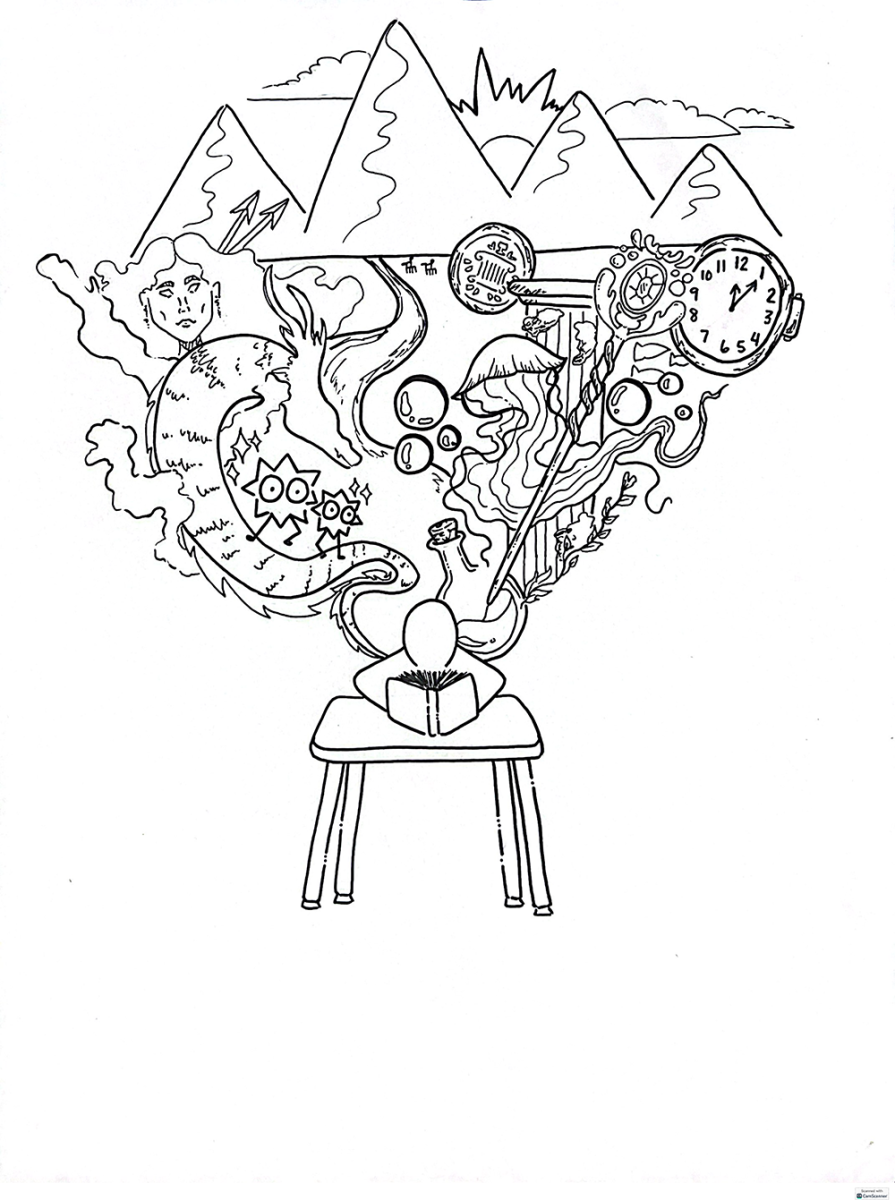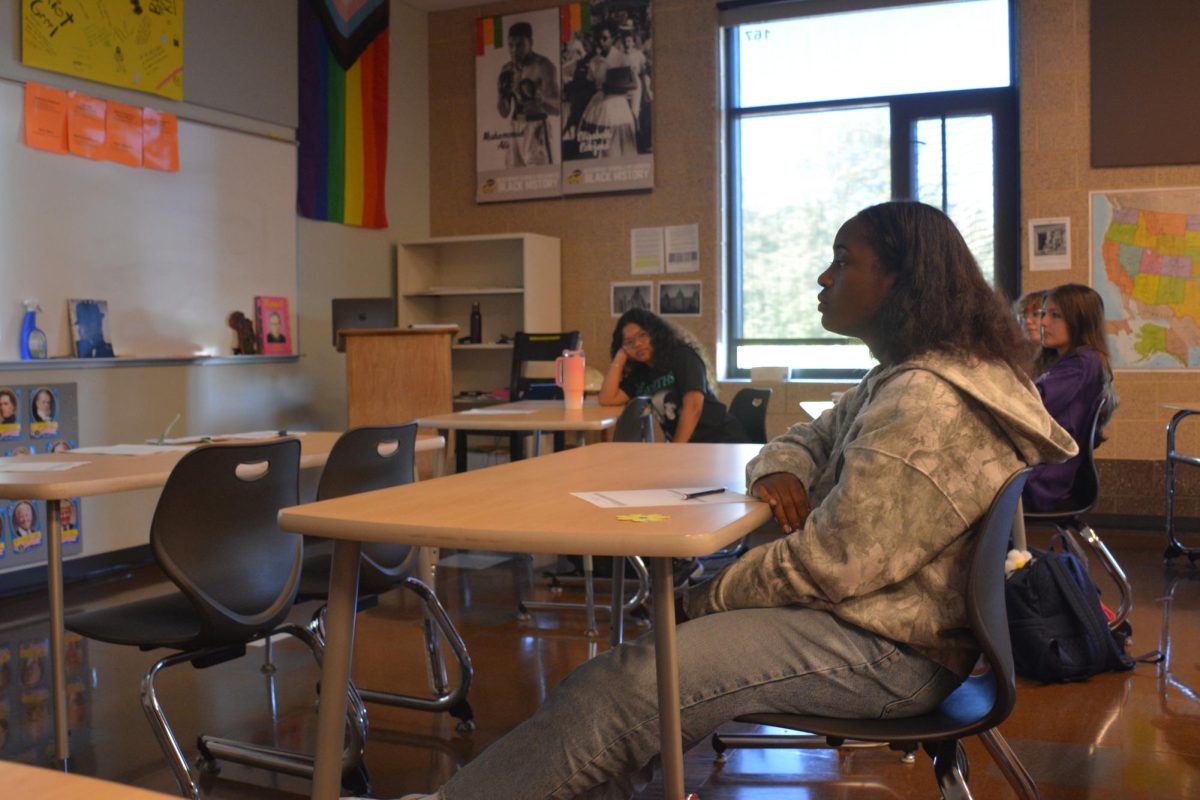2. Have earned a 2.00 quarterly GPA (weighted) during the previous grading period.
3. Have earned passing grades (D- or better in all his/her courses.
Athletic Director Ryan Peters explained why the eligibility standards were changed
“We are not a state minimum school,” said Peters. “In order to get our athletes to the next level, academically and athletically, we needed to change the standard.”
Increased standards raise the question of how student athletes can succeed in both sports and school work, given the time required.
“Procrastination” was the common word used by most student athletes interviewed for this article. That is, they want to avoid it. Being involved in sports and doing well in school requires careful time management skills.
Science teacher Joe Burwell, who is also assistant boys varsity soccer coach and assistant girls lacrosse coach, advises student athletes: “Get things done, don’t procrastinate. The jobs just gets harder if you wait till the last minute.”
“Its like preparing for a game…you can’t just wait till the day before a big game,and you can’t wait for the day before a big test,” said Burwell.
To prepare for a big game or a big test, it’s easier to concentrate on one thing at a time instead of getting overwhelmed.
“When I am at school, I focus on school, and when I’m at soccer I focus on soccer.” stated sophomore Jaime Rotsky. She is a varsity captain of the girls soccer team.
Organization is a key component of time management.
“I always write down everything I have to do in an assignment notebook so I know my homework and then I keep a calendar of all my events,” said volleyball captain Sammie Jacobs. “So when I get home I know exactly what I have to do. I have just enough time to do my work and not procrastinate.”
Sammie feels that it is harder to manage her time because she is a senior. Keeping her grades up and preparing college applications, along with playing volleyball, has left room for procrastination.
“Not only do I have sports, but I also have school, and I have to focus on next year and make sure everything’s in line,” she said.
Some students find that being a senior gives them an advantage for balancing their time.
“Being a senior does help me because I know how to plan ahead and I know after four years of soccer how long things take, like games and practices,” said senior boys soccer captain Chris Amaddio.
“Managing my time is all about planning ahead. When I have time to do homework in advance, I do,” said Amaddio. “That might mean learning material on my own but in the long run it’s better than doing homework poorly at 1:00 in the morning. Sacrificing time on the weekends to get a jump on the next week’s homework isn’t great while you do it, but being able to have a lighter load during the week makes a huge difference.”
Peters explained that if a student athlete is struggling in a class, he or she can attend afternoon academy before practices start. The only exception is if a game is far away and the team needs to leave early. But then morning academy is still available.
“There is no reason why kids can’t get to academy, they have to make the time to go to it. The teachers are waiting,” said Athletic Director Ryan Peters.
Parents, teachers and coaches are informed of students’ grades via Infinite Campus. This way, adults can monitor the athletes’ progress.
“Any time a kid’s grades slip, phone calls are being made, emails are being sent to parents,” said Peters.
People have different ways of balancing their time. BHS staff members and coaches encourage students to put school first before their sport.
“Never let your sport come before school,” said junior cross-country runner Nathan Wolkoff. “You are called a student athlete not an athlete student, and school should always come first.”
All of these methods of time management apply to students not participating in sports as
well.
It is interesting that, based on athletic department data of fall sports, GPA’s were actually higher for students as they played their sports than during the off-season. The importance of being “on top of your game” does not only refer to playing a sport, but also to daily student life in the postseason.



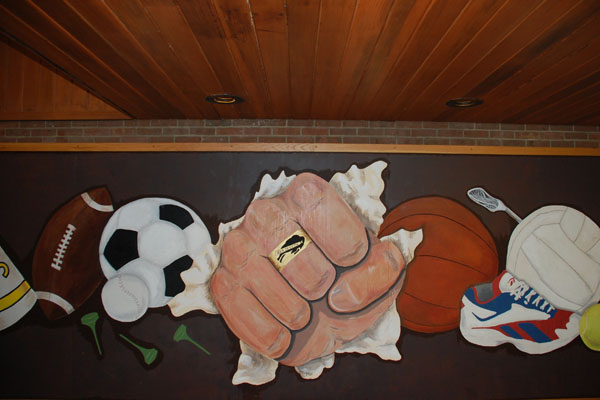
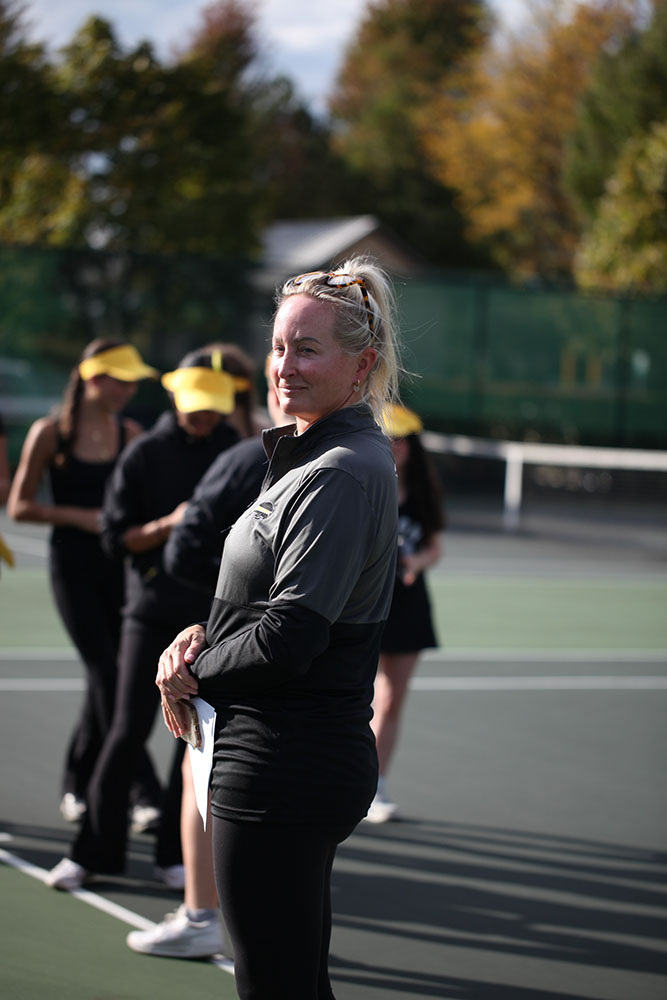
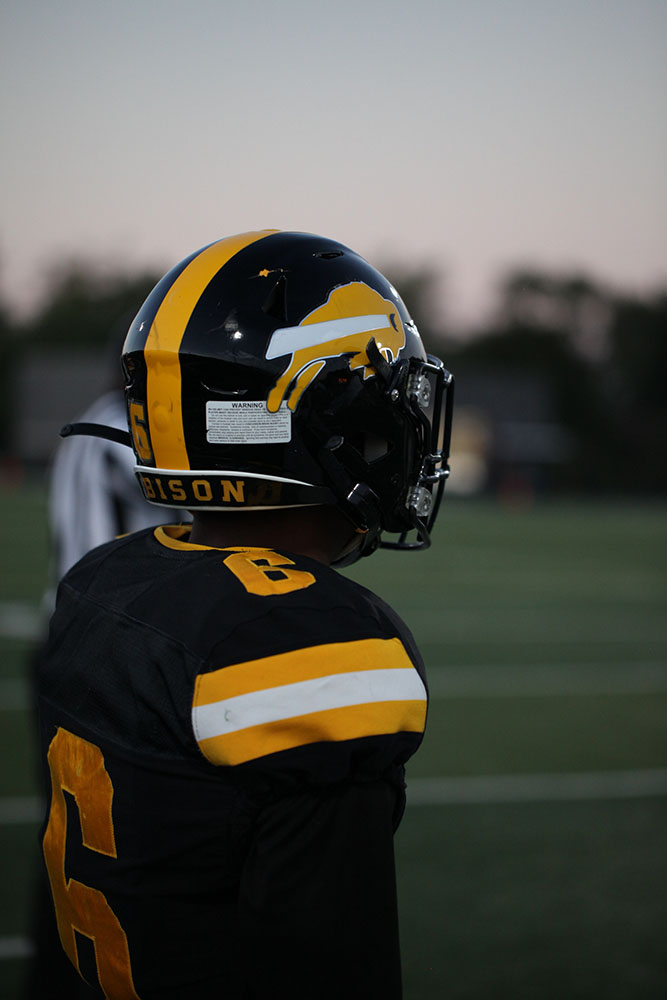
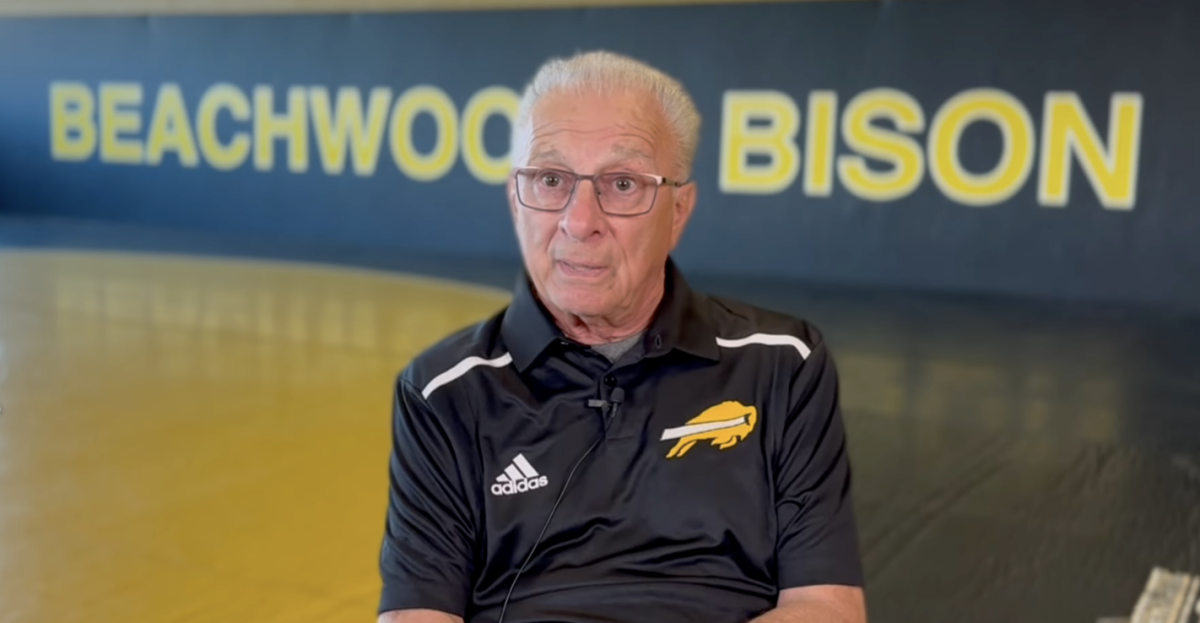

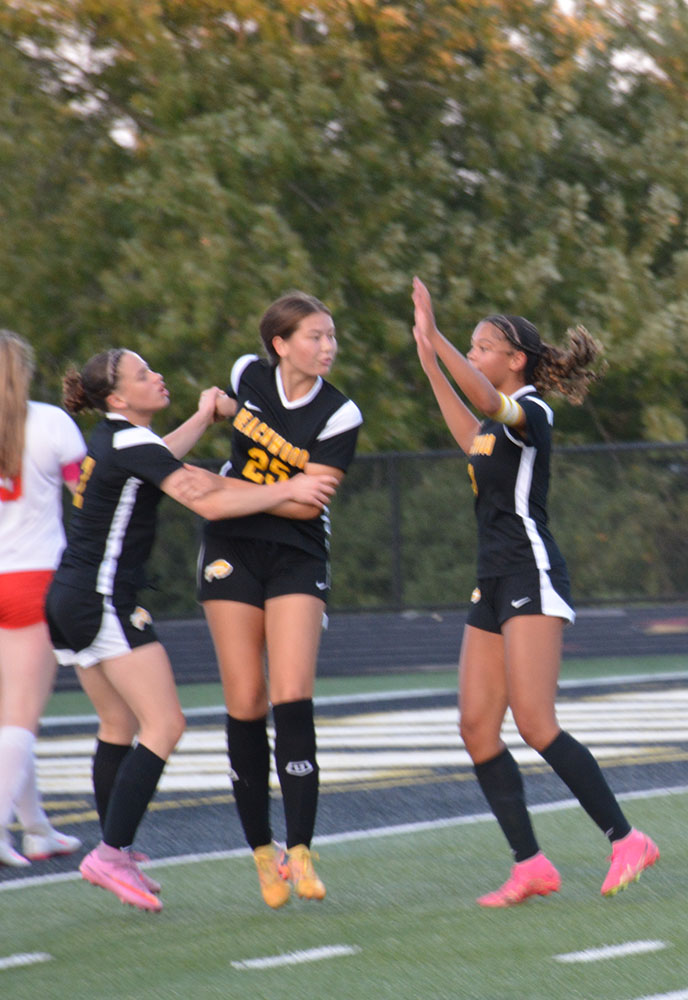
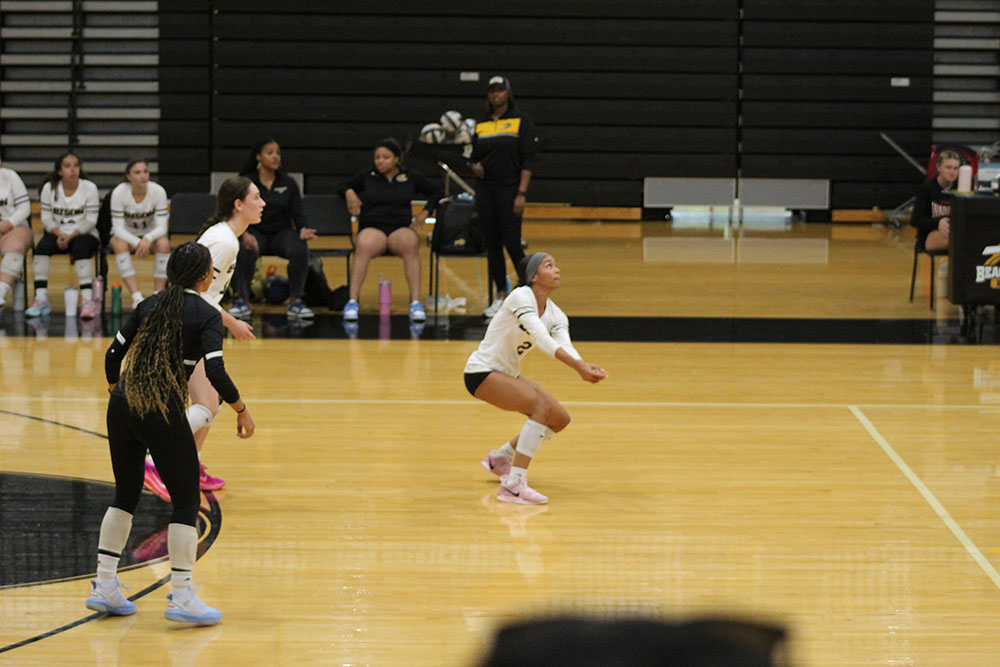
![“My parents have always said that education is important. My parents are Chinese immigrants, I'm Chinese American, [and that's a] value that has always been ingrained in our community,” said Senior Lyndia Zheng, pictured with Tony Zheng](https://bcomber.org/wp-content/uploads/2025/10/DSC_4244.jpg)


